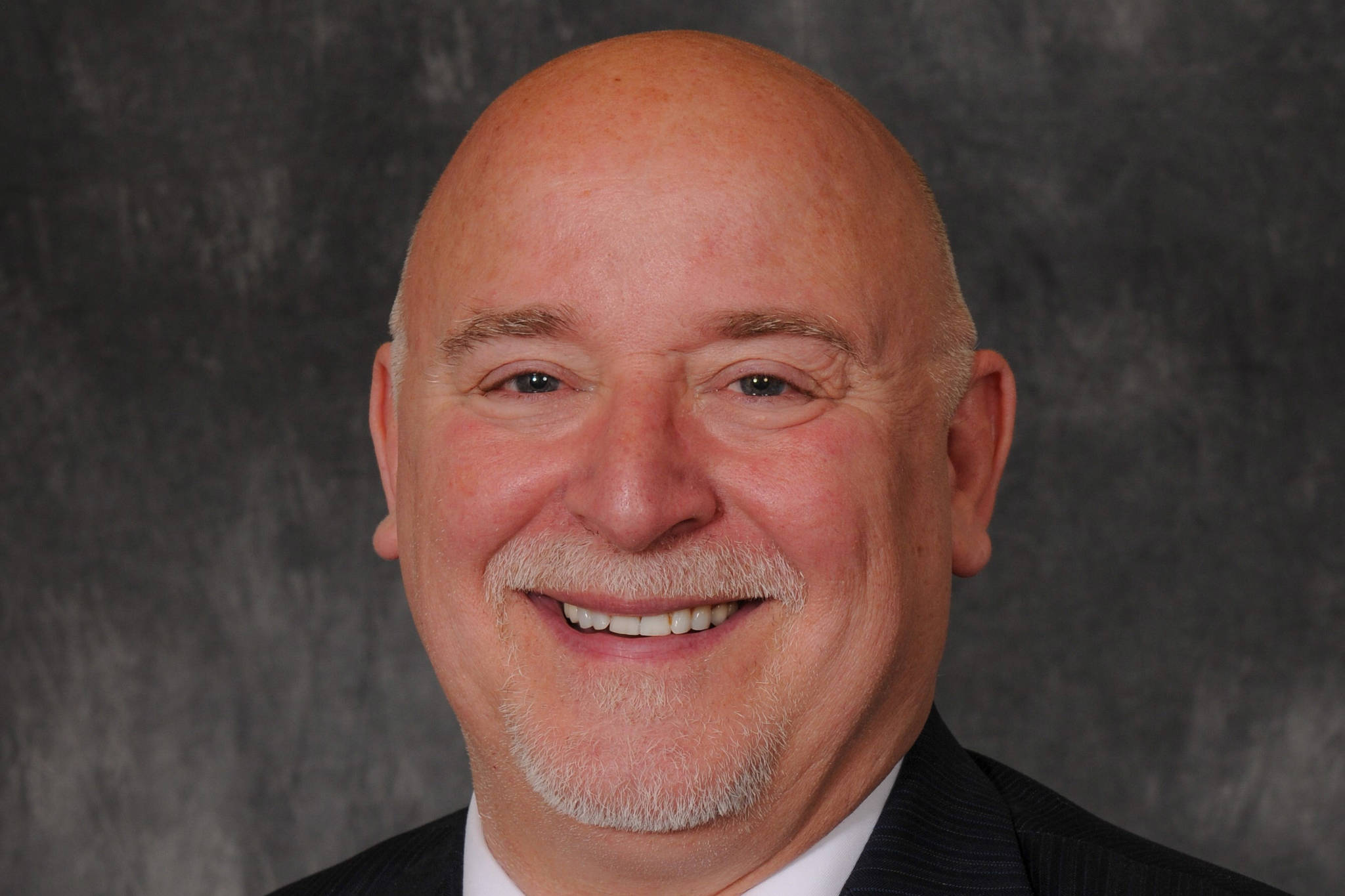Ballot Measure 1 (Prop 1) would amend the current production tax system enacted through Senate Bill 21 (SB21) to allow Alaskans to get a transparent and fair share of the revenues when oil is taken from our three largest and most profitable fields. SB21 is the largest oil resource give away in Alaska’s history. If you are an Alaskan, you should vote to amend SB21 to be fair by voting “yes” on Prop 1.
Major international oil companies based in Texas are spending millions to convince Alaskans to vote “no” on Prop 1, arguing we are better off taking less than a fair share from our major fields. They suggest we should just be thankful they are here taking our oil at all because they can do so much better in the Lower 48. Let’s have a closer look.
Two-thirds of the increased production revenues under Prop 1 will come from our Prudhoe Bay Unit (PBU). Our PBU is one of the most profitable, conventional oil fields in the world. It can easily support paying Alaskans a fair share without impacting investment or jobs. For over four decades, our PBU has produced far more than expected while the price of oil has increased at double the rate of inflation. In 2018, for example, our PBU produced a little over 106 million bbls which sold for $6,744.7 million. After operating costs, capital costs, royalties, and transportation costs; the producers made $3,683.5 million in net income or $39.70 per bbl. They are making a killing off of our PBU oil! But, because of SB21, our share through production taxes of the $3,683.5 million was only $230 million. This is called getting ripped off.
ConocoPhillips’ (CP) annual reports show CP is making more than twice as much per bbl Alaskawide than in the Lower 48. The Legislative Research Service (LRS) has analyzed and compared CP’s earnings Alaskawide with the Lower 48. In its most recent report, LRS Report 20.119 (February 7, 2020), the LRS determined CP has made more than twice as much per bbl Alaskawide as in the Lower 48 in every year it reviewed (2012-2019). In the first year after SB21 passed (2014), for example, CP made $4.43 per bbl in the Lower 48 while it made $31.10 per bbl Alaskawide or 602% more. This is called being taken to the cleaners.
Since SB21, CP has made 68% of its worldwide profit from Alaska but only invested 15% of its worldwide capital in Alaska. CP has raised dividends by 60% in the last two years and increased the authorization to repurchase its own stock from $10 to $25 billion in the last three months — while we have cut our PFD to one-third. Since SB21, CP has paid down almost $12 billion in debt — while we have spent $18 billion in our savings. This is called being CP’s cash cow.
Texans and North Dakotans are getting two to three times more for their oil than Alaskans. As a result, people opposed to Alaskans getting a fair share have been offering misleading comparisons to justify why we are getting so much less than other states. One recent commentator suggested Texas was a better place to do business than Alaska. Clearly, the actual performance of CP in the Lower 48 directly contradicts his suggestion. Moreover, even a cursory review of his misleading comparison between Alaska and Texas reveals significant errors. His comparison ignored the differences favorable to Alaska (our oil sells for more than Texas oil, for example), mischaracterized transportation profits as costs, included costs unrelated to production, and pulled out of thin air the costs of operating major fields in Texas. In fact, a recent survey of 26 Texas operators as well as the Dallas Fed’s Energy Survey of 200 oil and gas firms put the breakeven costs for the major fields in Texas well above the breakeven costs for our PBU. His comparison is called the usual misinformation.
Prop 1 will help the overall economy of Alaska, a lot. Keeping $1.1 billion per year more of our oil wealth in Alaska is the economic equivalent of adding 11,000 new Alaskan jobs at $100,000 per year — more jobs than are in the entire oil and gas industry in Alaska. While helping the overall economy, Prop 1 will not hurt investment or jobs in the oil industry because it only applies to our largest and most profitable fields that can well afford to pay a fair share to Alaskans. In fact, production taxes under Prop 1 will actually work out to be less than the average production taxes for the three decades before SB21. This is called calling them out on Prop 1’s impact on our economy and jobs.
Prop 1 will help save PFDs, avoid cuts to K-12 education, minimize taxes on Alaskans, and save and create thousands of Alaskan jobs. Prop 1 also provides for transparency so every Alaskan will know the financial performance of our major fields. We should not allow Alaska to continue to be treated like a banana republic in the Third World. Alaskans should vote Yes on Prop 1 and get a fair share from our major fields. This is called standing up for Alaska!
Robin O. Brena is a lifelong Alaska who is an original sponsor of Ballot Measure 1, chair of the Oil and Gas Transition Committee for the Walker administration, and founder of Brena, Bell & Walker, a long-time Alaskan law firm.
• By Robin O. Brena


